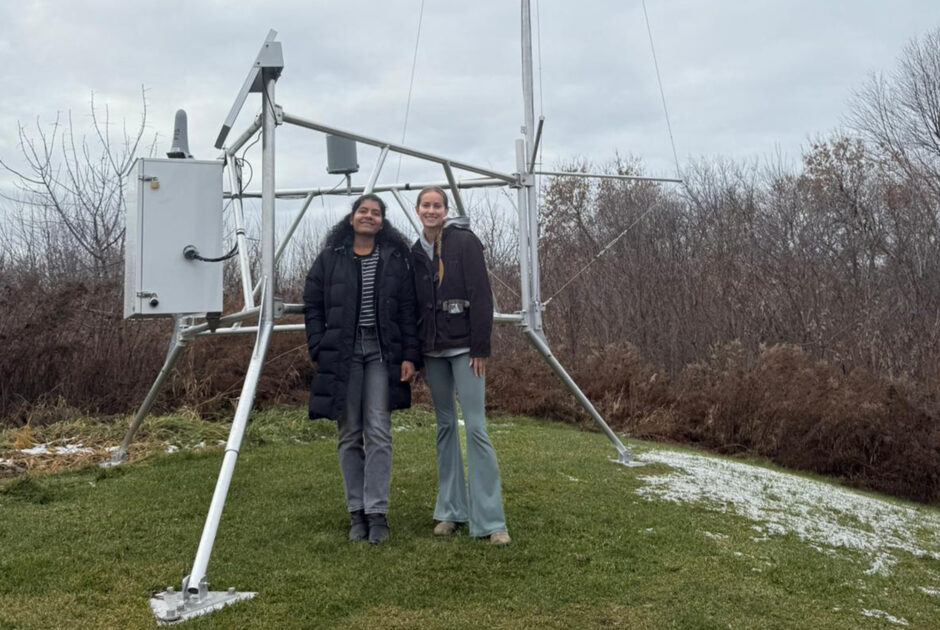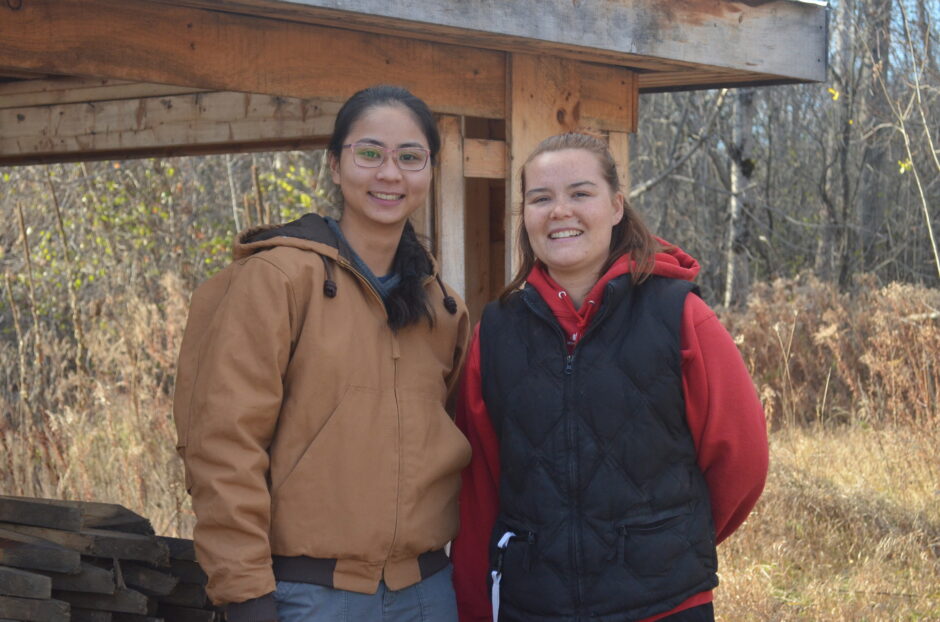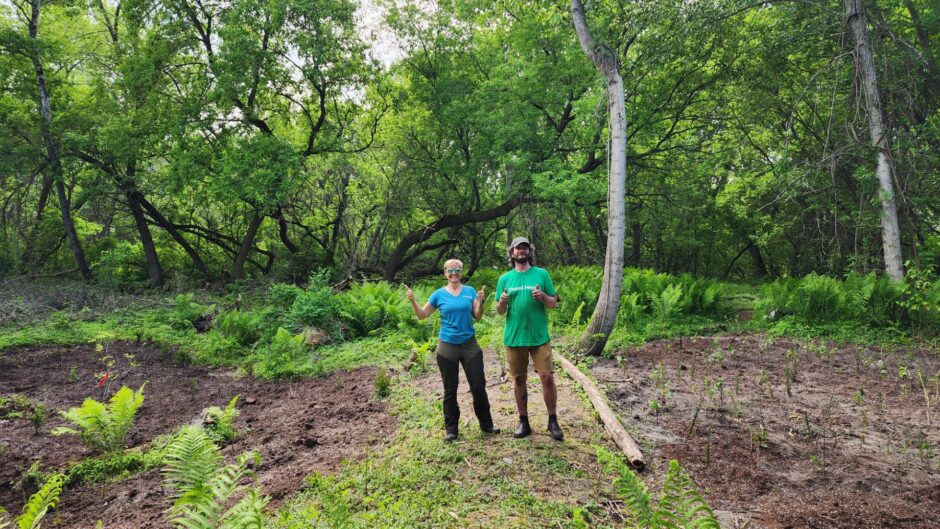First person: Redefining home across five countries and six moves

Our suitcases were laid across the floor in what I guessed was going to be the living room. It was August 2015 and we had just arrived in Uganda from Burundi. All the walls were white and reflected the light from outside. It was blinding. The house was smaller than the one we were living in before. It just didn’t seem enough for my whole family of nine and a maid.
My parents had bought it in a rush and my mum told me we wouldn’t be here for long. I already missed my old house where we’d lived for more than 12 years. I hoped it would remain intact through the chaos my country was going through.
Just a few months before, on April 25, 2015, it was announced that the incumbent president of Burundi, Pierre Nkurunziza, would run for a third term in that year’s presidential election. The announcement sparked protests by those opposed to it. Tens of thousands fled the country, hundreds of people were arrested several were killed and dozens more were injured.
There is a vast spectrum of people affected by conflicts around the world. This includes the victims of two countries at war, the people from neighboring countries who help refugees and, in my case, the families of the UN workers who stay in those countries. We are always ready for a move.
Over the last seven years, my family has moved six times to different countries and cities.
Today, the eight of us are spread across three geographic locations. This means that for me, home is not a fixed location but a constantly shifting reality. In a world increasingly wracked by conflict and uncertainty, the question of “What is home?” is too deep for many. In my case – and for those like me – it’s no longer about a house, a city, or a country.
For me home is my family. I am not alone to feel this way.
Aldoline Kamanzi, an international business student at Algonquin College, moved a lot because of her parents’ business and she loved it. “Home is Rwanda to me, because it’s so nostalgic being there,” she said. “It reminds of my childhood, my whole family is there and it just makes me happy being there.”
In my family’s case we moved because of war but we adapted. I started going to an English boarding school with all my older sisters where I learned the language. At home we spoke French or Kirundi, our mother tongue, because my parents didn’t want us to only speak English.
But after two years in Uganda we were ready to move again. We returned home for a while. Then, in 2019, we moved to South Africa.
My mum had gotten a great new position in Chad but it was a war zone country so we couldn’t join. (Trust me, she hated this situation more than anyone else.) We could have moved to “the closest safest country” but we chose to move to the south for my dad to have better access to his cancer treatment.
A few months after we had moved, my mum had to leave for work and my three older sisters for university abroad.
Our household of seven was now left with four. I wasn’t disturbed by my mum going. Her presence in those countries was indispensable for the work she was doing. I knew she felt more uneasy than any of us.
What troubled me was I had become the oldest child in the house all of a sudden. I had to wake my siblings up, I had to make their lunches and I had to get their clothes ready for school. I was learning in doing just like everyone was getting used to the new situation.
Even though we were spread across four countries, we supported each other in the best way we could and made sure to call each other often.
We moved, we learned and we adapted
Ahmed Elbadri, a student success specialist at Algonquin College, says experiences like mine that involve a lot of moves can produce challenges. “We are the by-product of our environment,” he said. “Building relationships can be hard for children that moved a lot because they can find it hard to engage with people as they grow up.”

In my case, my experiences, though rooted in constant change, have cultivated adaptability and empathy, leaving in me flexibility and an appreciation for the world’s diversity.
Then came 2020. It was a nightmare for a lot of people including my family. I was in grade 11 preparing for my IGCSE – International General Certificate of Secondary Education – and my dad was sicker than he had been the year before.
The last thing we needed was an epidemic. Classes switched to Zoom, the number of deaths just kept increasing, the whole world was in chaos and our family was still divided between four different countries.
How did we survive the pandemic? Only God can tell you, but I was done with exams in November 2020, my mum had gotten a new contract in Burkina Faso and we were on the move in December before the borders closed.
We had no idea where the pandemic was going and how bad it was going to get but for the first time in three years, we were all together. All seven of us with our parents. Together we were definitely stronger.
Today, as we take note of the profound impact of conflicts worldwide, let’s be reminded that the search for a home can be a remarkable journey through the world’s most challenging places. This includes both within the heart and on the map.
To me, home is purely grounded in the love and unity shared with my family. What about you? What is home to you?
Our house felt warm that December because our family was finally together. Or because the country was right next to the Sahara Desert. It was our first Christmas together in three years.
“Let’s decorate the Christmas tree,” my older sister shouted as she came down the stairs with a box full of ornaments.








